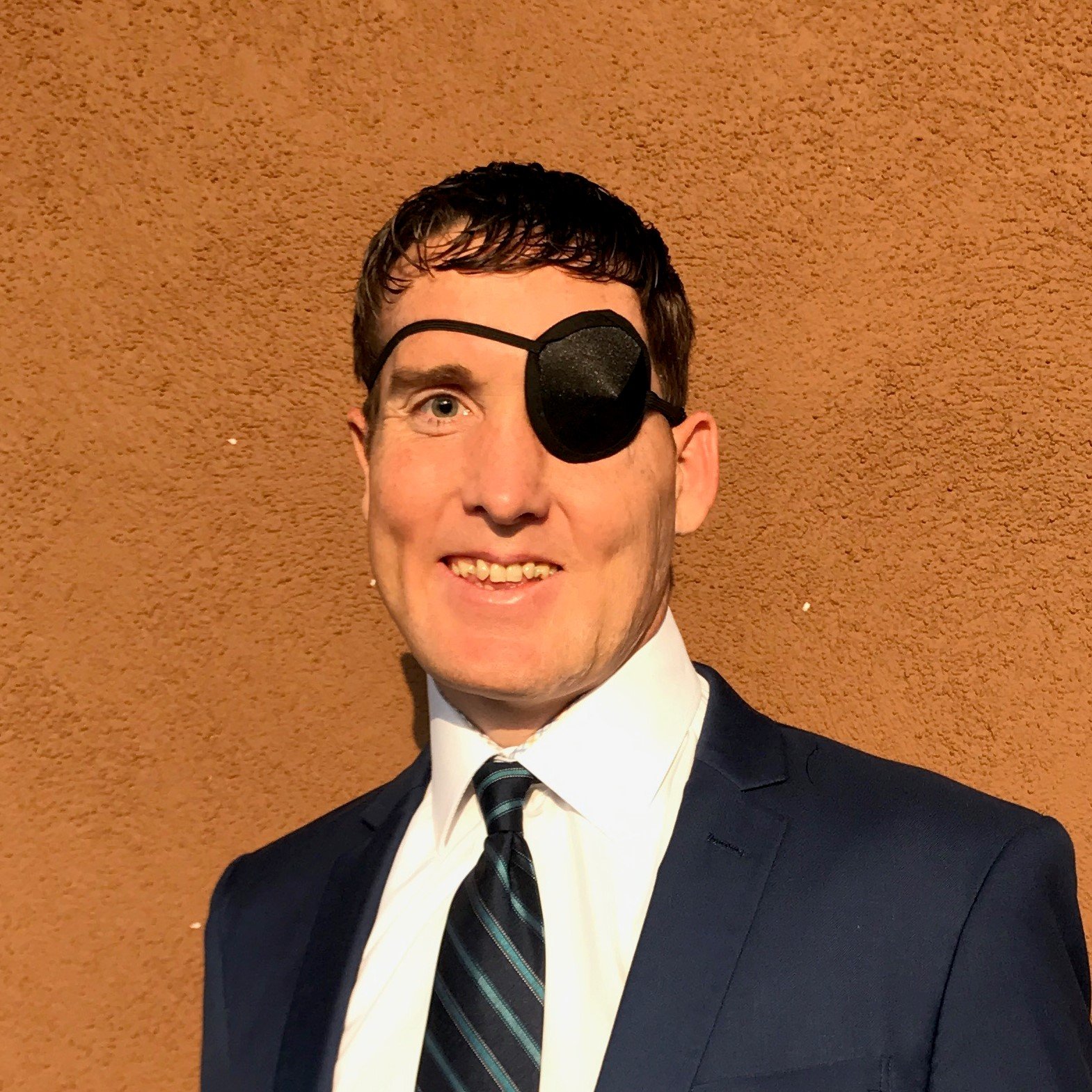There's no denying that the world has changed since this time last year. If you're looking to improve the online experience for all, you've likely considered digital accessibility.
For agencies, digital accessibility is a great way for your agency to reduce client churn and earn more revenue. In this article, we take a look at 5 reasons why it's in your client's best interest to make web accessibility a top priority in 2021.
1. A Global Shift to Online Everything
Thanks to COVID-19, and the many lockdowns we've faced, most people are spending their days at home. Who isn’t shopping online or surfing the web on a daily basis?
With more people shopping online, digital accessibility has never been more critical. According to clickawaypound.com, 71% of visitors leave a site that is inaccessible. That is way too big of a percentage to ignore.
For customer satisfaction, websites should be inclusive and user-friendly.
2. More Customers to Connect with
People are living longer. Your website should be accessible to people of all ages.
Grandma and grandpa don’t hear, see or remember like they once did. Approximately 40 percent of adults age 65 and up have one or more disabilities. By 2035, there will be 78 million adults in this age range, 20 percent of the U.S. population. Age-related disabilities are real, like Grandma’s and Grandpa’s friend requests on Facebook.
According to Legalreader.com, 74% of people will use a different company if your website is too hard to use. Digital accessibility makes it easier for everyone to shop.
Over 80% of customers return to websites and apps when they are easy to use.
3. Inclusivity, Accessibility, and the most loyal minority population
Making up 26% of the population, people with disabilities are the largest minority in the US. Yet, members of the disability community have been one of the most underserved demographics.
If a person with a disability is unable to use a website, they are talking about it! To friends and on social media, people with disabilities talk about accessibility issues.
What’s the opportunity? Loyalty. People with disabilities share the companies who improve their lives. They share the companies they buy from, why they buy, and talk about their experience. An accessible website serves members of the disability community and their larger networks.
This helps to increase your client's revenue. It will help build their brand reputation and yours. This makes digital accessibility a revenue opportunity for your agency too.
4. Avoid the Influx of digital Accessibility Lawsuits
Reducing lawsuit risk is another good reason to have the conversation about digital accessibility. You may understand the opportunity presented by digital accessibility, but your clients may need convincing.
You are likely no stranger to educating clients. The stats around ADA digital accessibility lawsuits speak for themselves.
Despite a global pandemic, plaintiffs and plaintiff firms are more active than ever. There was a 23% increase of digital accessibility related lawsuits in 2020. With a total of 3,550 cases, that’s roughly 10 a day!
Even when budgets are tight a digital inclusion plan and strategic investment is in your clients' best interest to avoid costly lawsuits.
Unknowing companies often turn to AI to fix accessibility. Yet, widgets and overlays do not do the trick. In 2020, more than 250 lawsuits were against companies that used widgets and overlays.
5. Increase Website and App Sales
Disposable income for working-age people with disabilities is about $490 billion. And that’s not to mention sales from friends and family who may also want to shop with inclusive businesses.
If the websites you build are easier to use, customers will have a better shopping experience. In fact, 81% of customers will pay more, even if the same product costs less on an inaccessible website.
Get Started with digital accessibility
Digital accessibility is not easy, but you can make the decision easy for your clients. When you do, we're here to help. Contact UsableNet to learn about partnership opportunities.
For more on digital accessibility and why it should be a top priority in 2021, check out our Jan 27th Webinar, "Digital Accessibility and ADA Lawsuits in 2021."
Save your seat now. We go live on the 27th at 12 pm ET. Join me, Tanner Gers, Head of Partnerships and UsableNet Chief Innovation Strategist, Jason Taylor.








